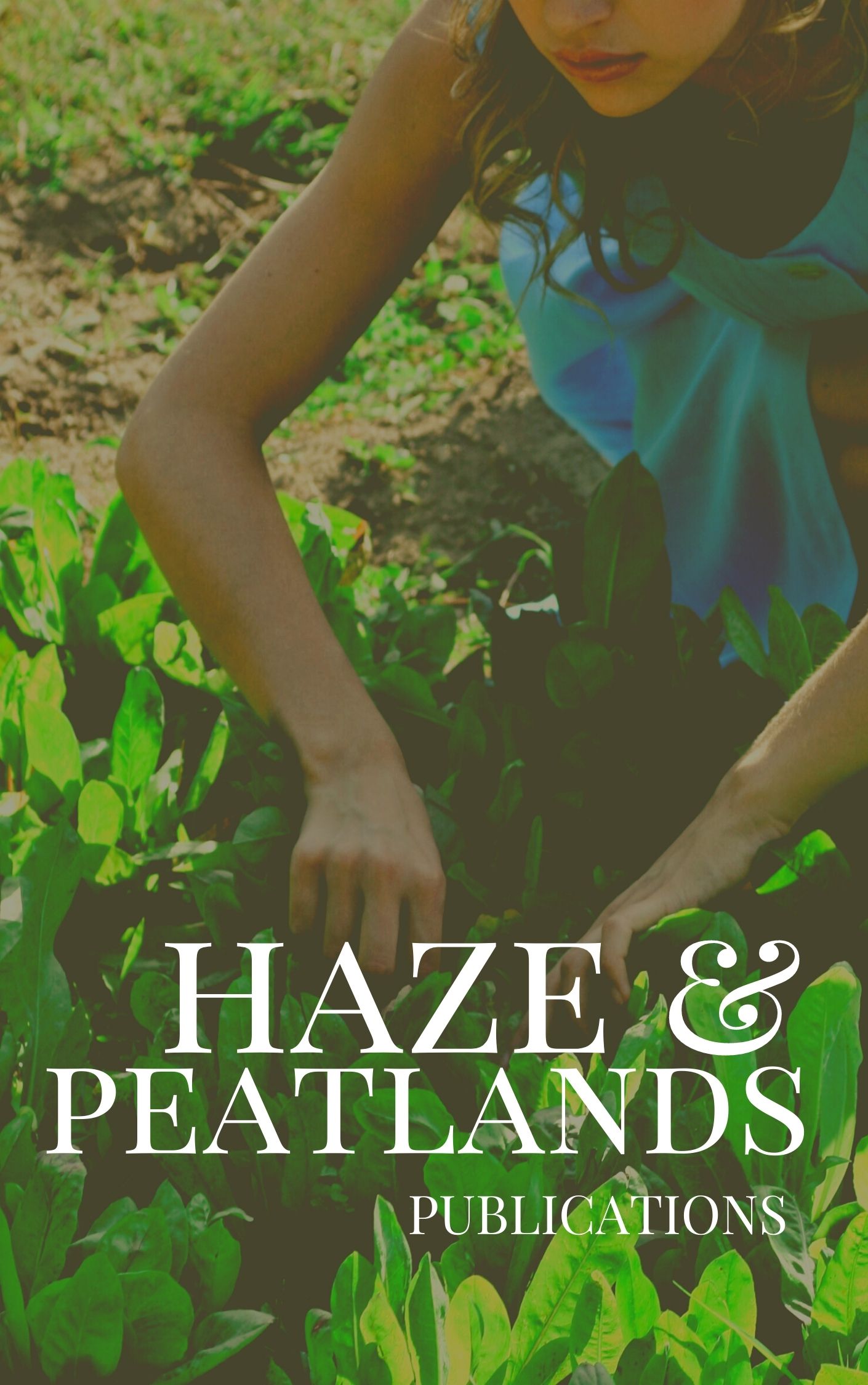Countries around the world have implemented lockdowns to contain the spread of COVID-19 infection. The impact of lockdown on actual people’s mobility and the physical, chemical, biological quality of water have never been analyzed simultaneously. This study aimed to address this gap by monitoring water quality on the Siak River, one of the deepest rivers in Indonesia, characterized by the highest dissolved organic carbon recorded globally due to the contributing peat soils. Human mobility before and after the implementation of nationwide lockdown was quantified using social media data. Sampling was carried out on the Siak River in 2018, 2019, and 2020 at sixteen monitoring locations. The samples were analyzed for physical, chemical, heavy metals, biological quality. Nutrients and heavy metals concentrations indicated that Siak River was medium to heavily contaminated. Lockdown presents an immediate reduction in movement, people’s mobility on average was reduced by 33%, to improvements in water quality in terms of NH4+, NO3− concentrations with a 14% reduction compared to the pre COVID-19 values, and a 30% reduction in heavy metals contamination. The reduction was attributed to decrease farming activities and farm supplies. This was because the Siak River was heavily influenced by dissolved organic carbon from peatland.
View source

